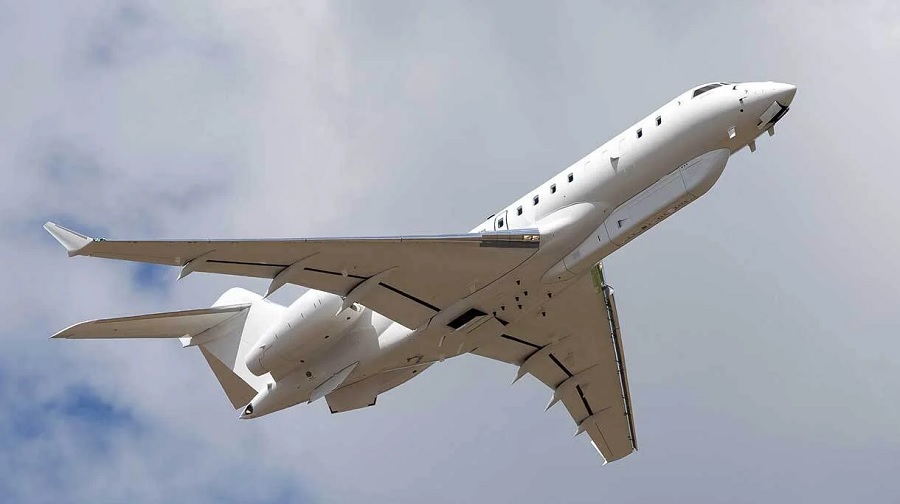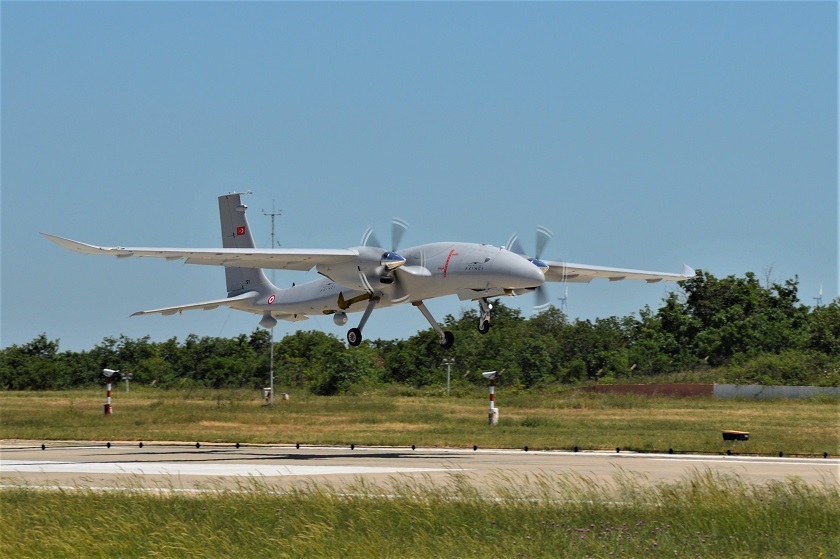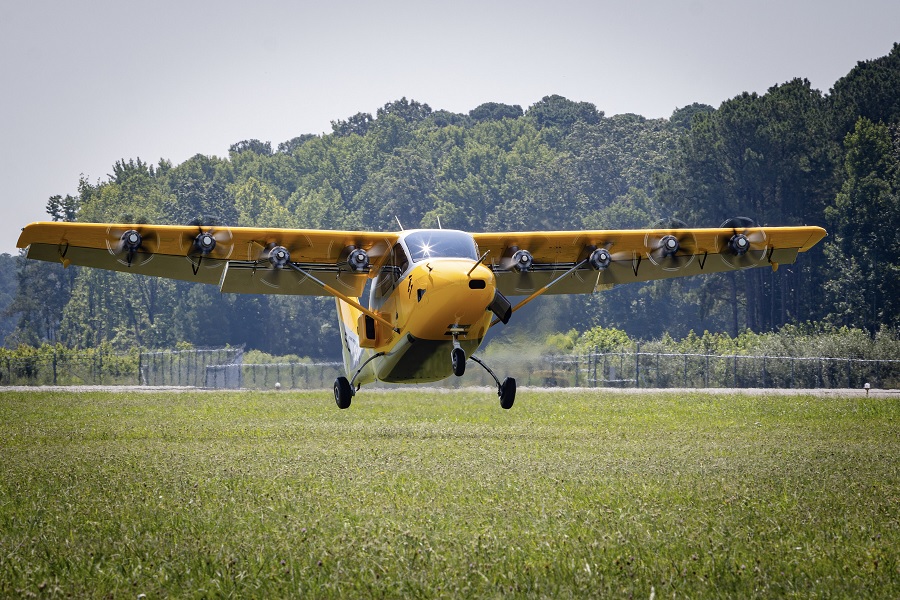NATO’s Baltic Air Policing mission, active since 2004, serves as a defensive measure and a critical element of the Alliance’s collective defence posture. The Luftwaffe’s presence offers deterrence and reassurance to the Baltic States – Estonia, Latvia, and Lithuania – and ensures the security of NATO airspace.
Since arriving in Lielvarde, the German detachment has launched approximately 40 quick reaction alert (QRA) missions, identifying a variety of Russian aircraft in international airspace over the Baltic Sea. Under NATO’s Command and Control structure, its Eurofighters flew close to 900 hours, including training missions, during the current deployment.
“Thanks to the continued cooperation and professionalism by our Latvian hosts, we have successfully sustained the first eAP deployment from Lielvarde for over six months”, stated Lieutenant Colonel Christian Blohm, Commander of the German Eurofighter detachment. “The very high level of dedication of both the host nation and our own personnel demonstrates the commitment to our common objectives. This allows us to achieve readiness to execute NATO Air Policing flights around the clock,” he added.
This year’s contribution by Germany highlights NATO’s flexibility in safeguarding the skies over Eastern Europe and ensuring that the Alliance remains ready to respond to any type of potential threat. As runway construction and flight line infrastructure repairs at Ämari Air Base in Estonia progress until the end of the year, the German detachment seamlessly set up operations at Lielvarde to ensure mission continuity.
“Our robust and proven procedures for deploying with mobile infrastructure allow us to operate our jets in support of NATO Air Policing wherever necessary”, Lieutenant Colonel Blohm summarized.
In parallel to the mission, training and exercises with allied forces help maintain a high level of readiness, supporting NATO’s objective of defending Alliance populations and territories.
The German Air Force’s contribution to eAP will continue through the coming months, as part of NATO’s rotational presence in the region. Emphasizing the importance of continued vigilance and collective defence, the presence of German jets in the Baltics underlines both NATO’s strength and solidarity.

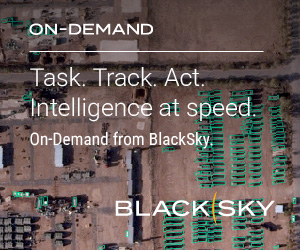



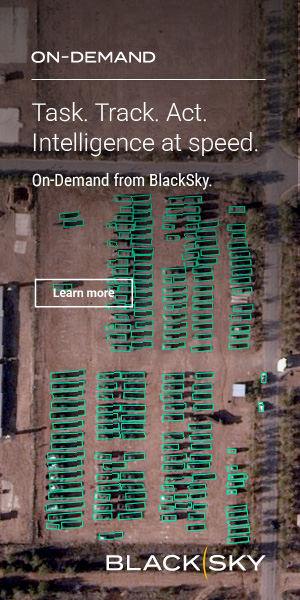


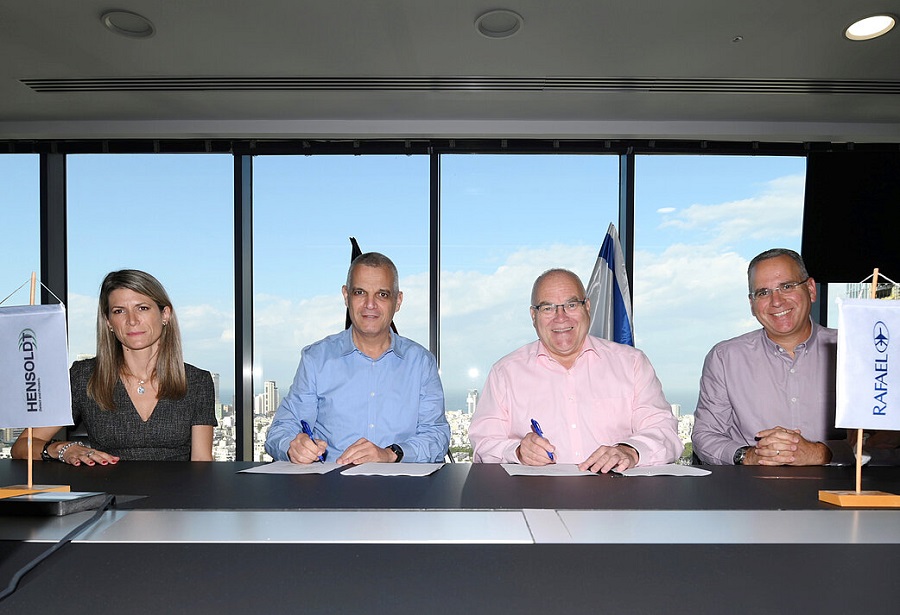
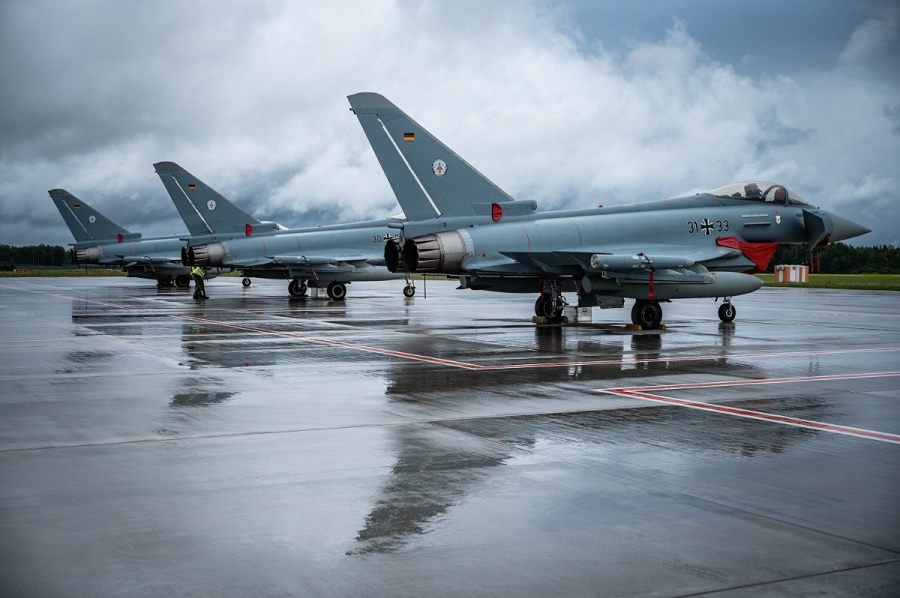
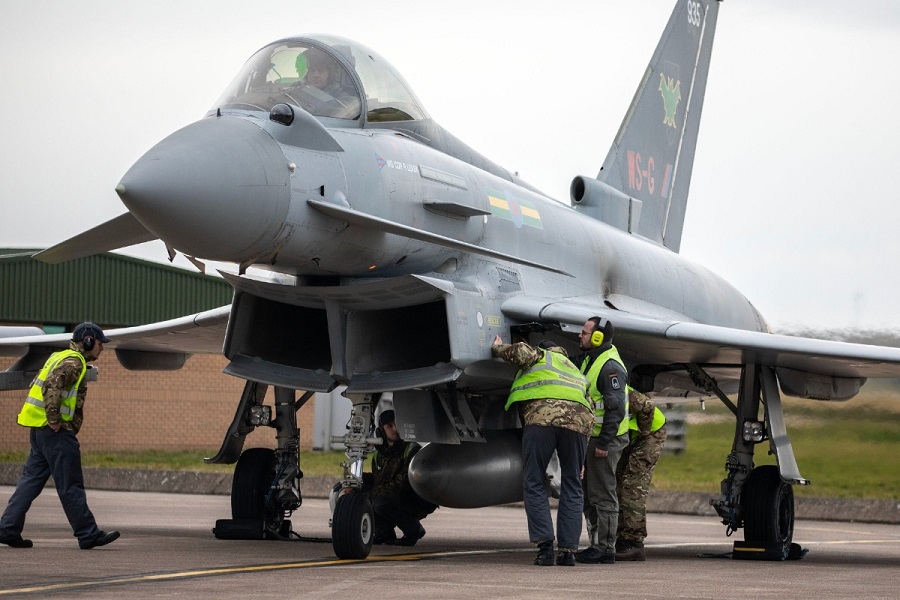
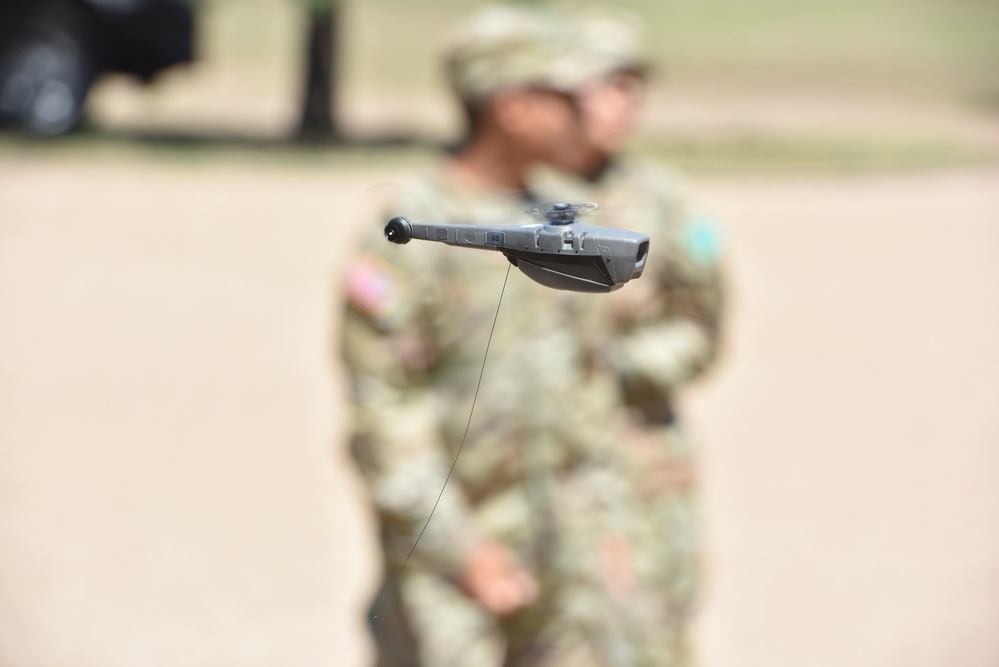
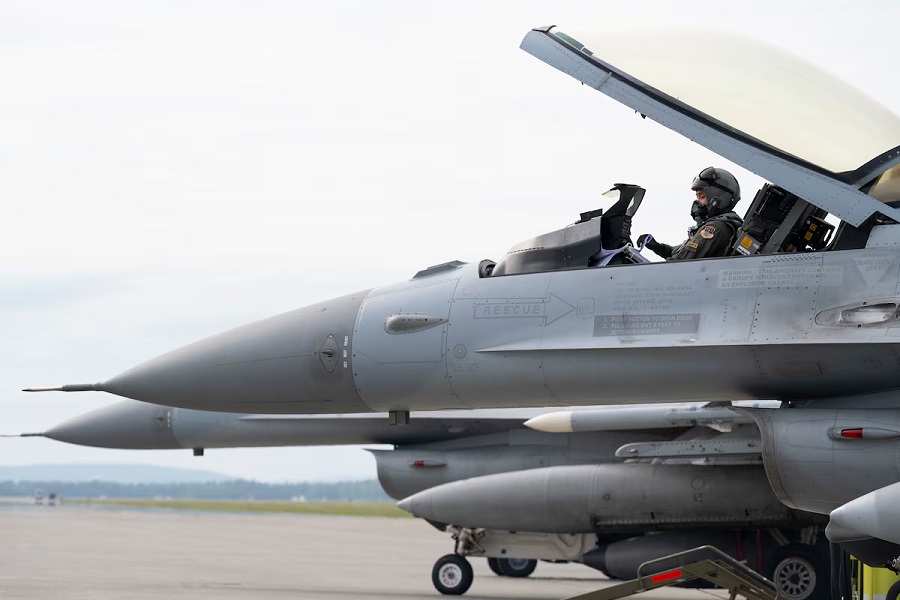

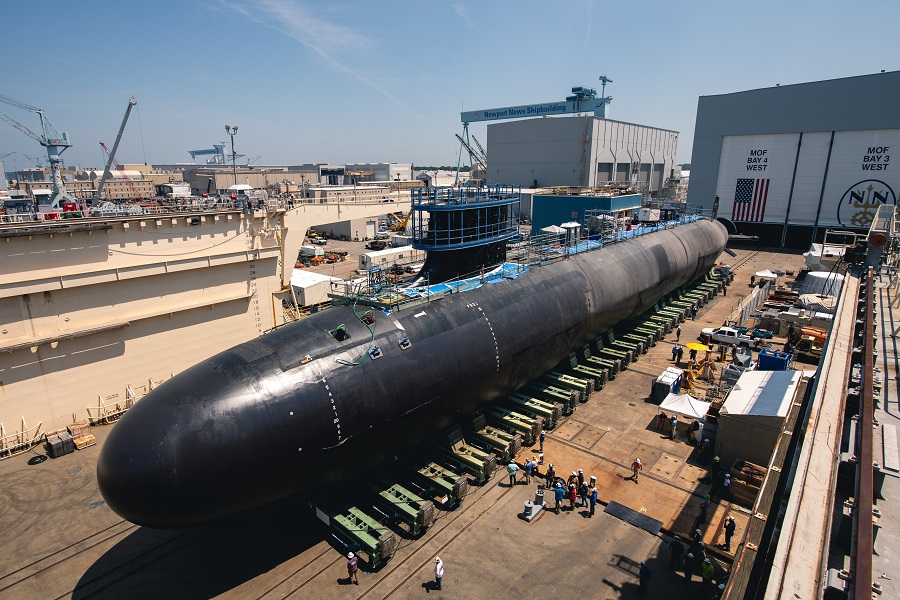

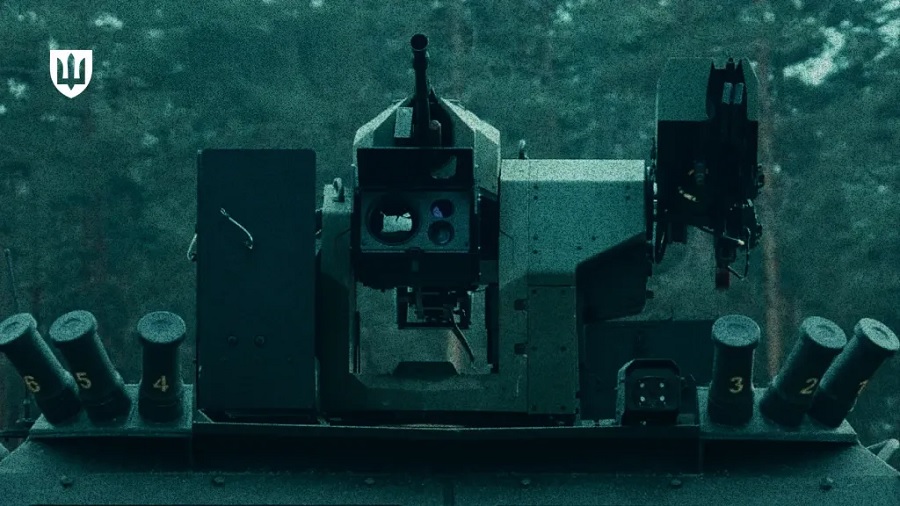
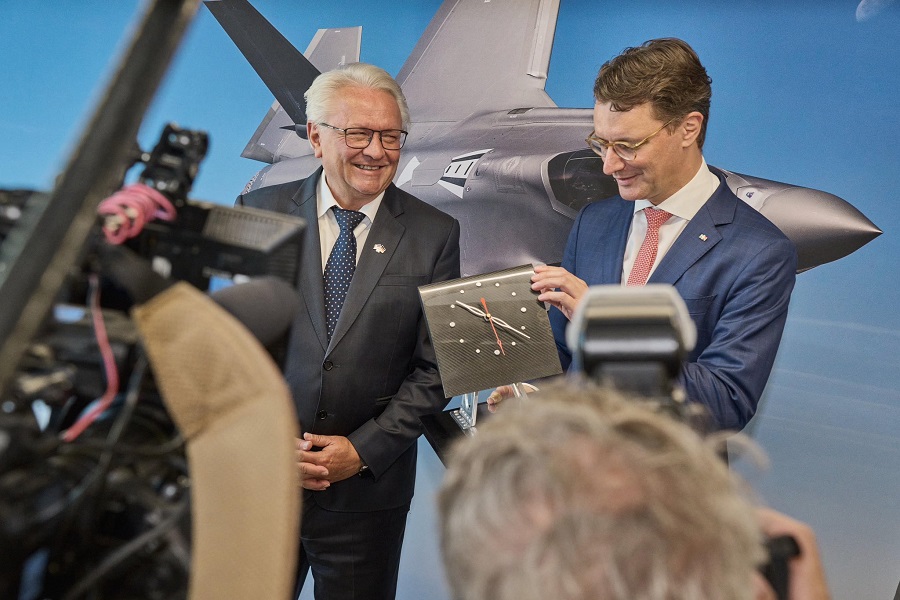
![KNDS: MARS 3 successfully launches Naval Strike Missile in first live-fire test [VIDEO]](https://defence-industry.eu/wp-content/uploads/2025/07/MARS-3-successfully-launches-Naval-Strike-Missile-in-first-live-fire-test-VIDEO.jpg)

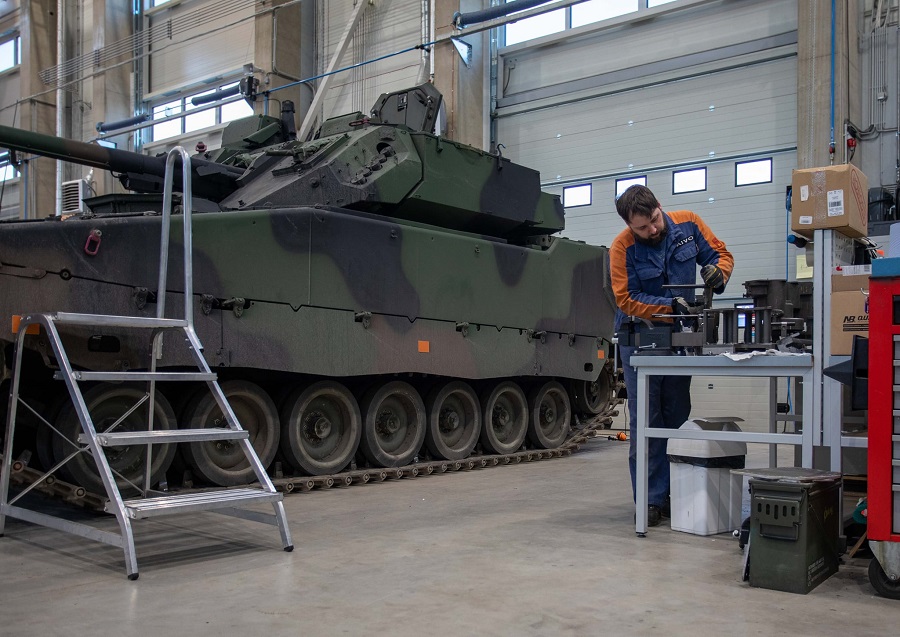
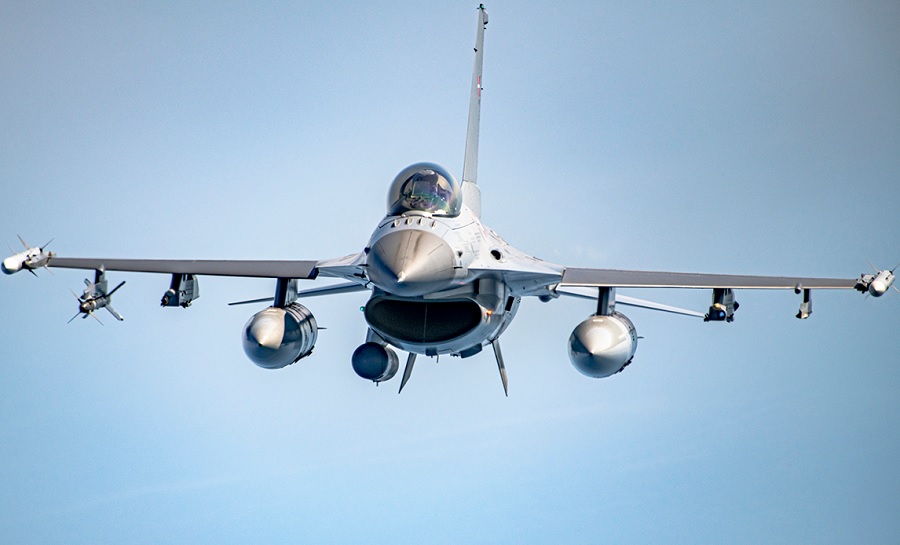
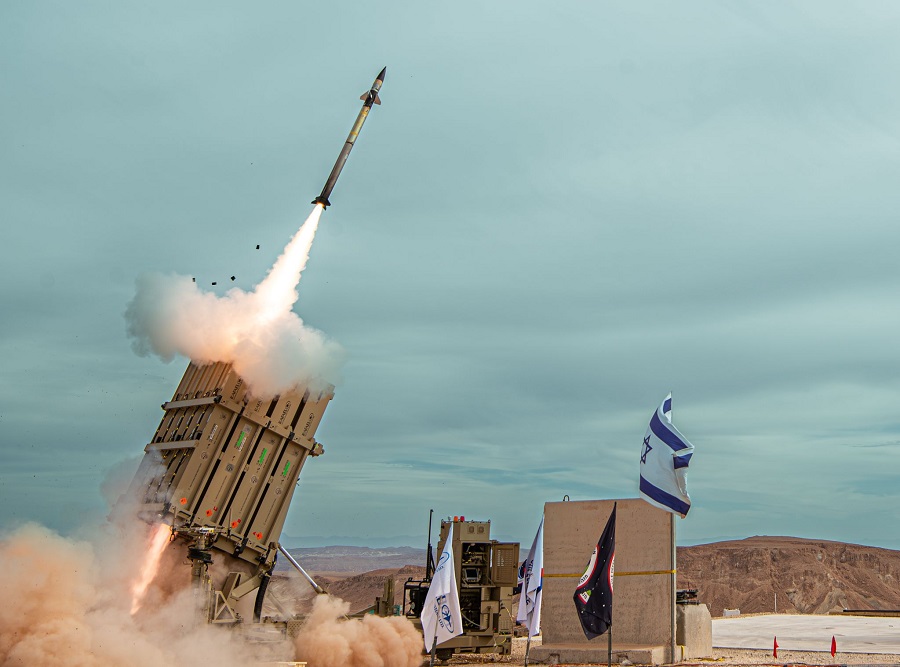
![MightyFly demonstrates autonomous cargo flight capabilities to U.S. Air Force [VIDEO]](https://defence-industry.eu/wp-content/uploads/2025/07/MightyFly-demonstrates-autonomous-cargo-flight-capabilities-to-U.S.-Air-Force-VIDEO.jpg)
